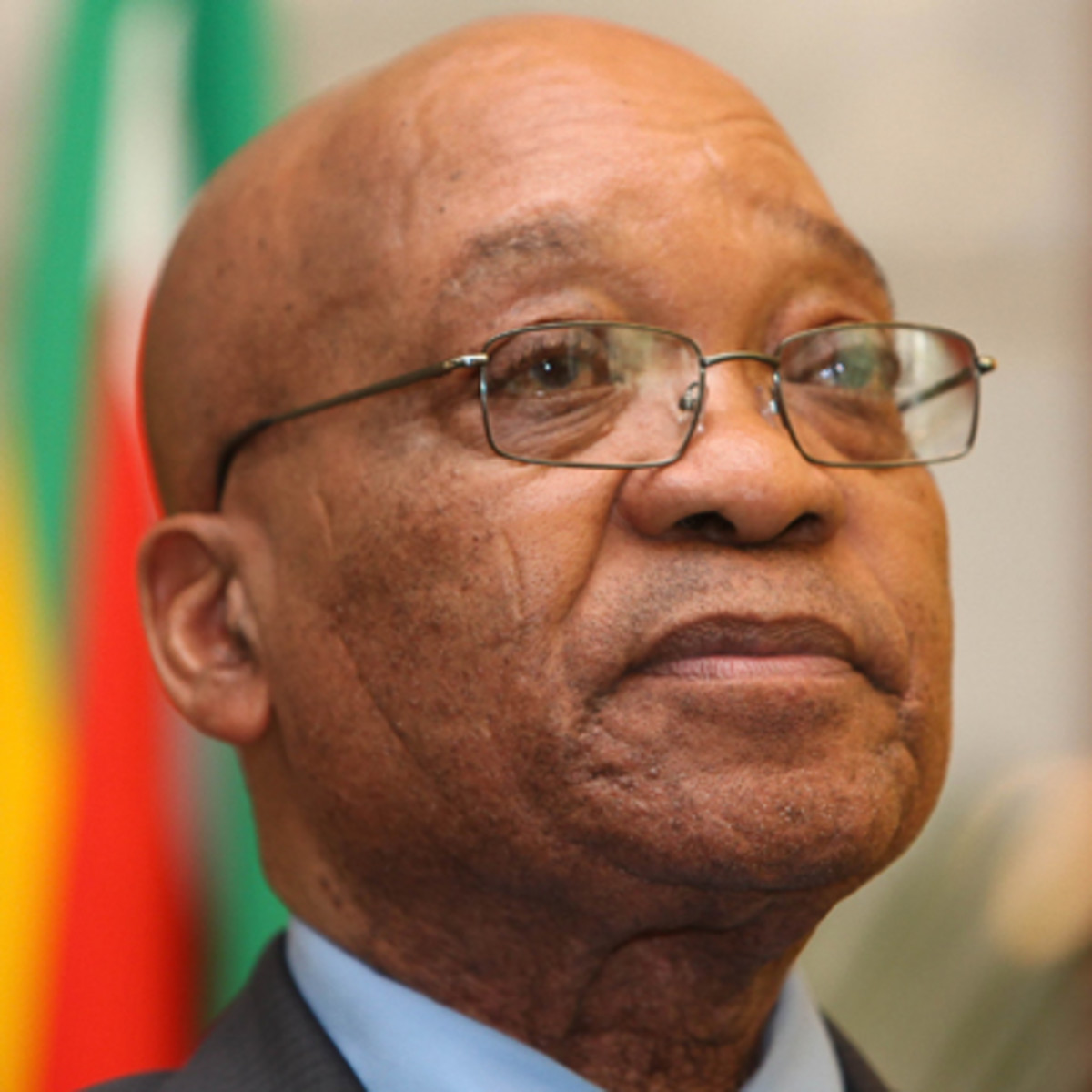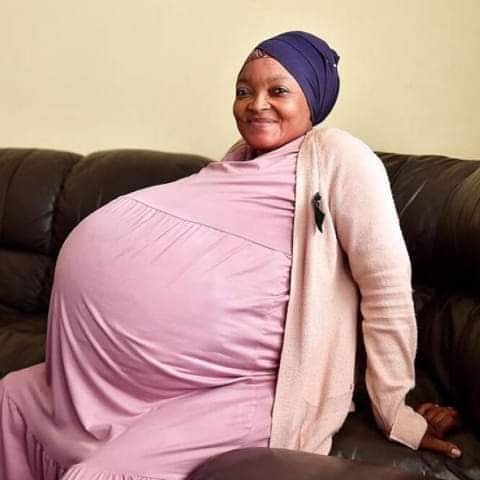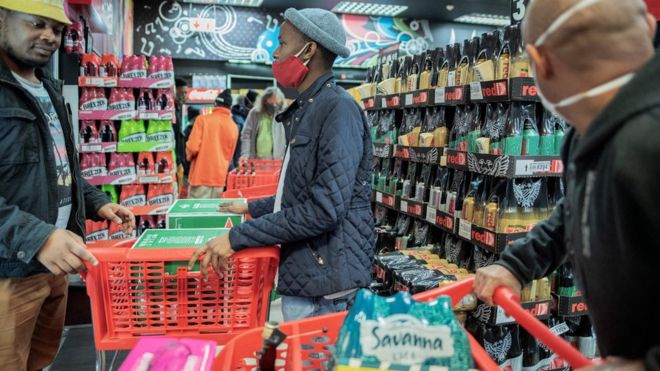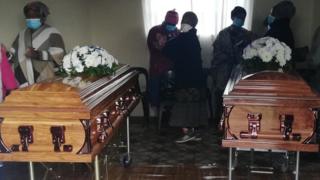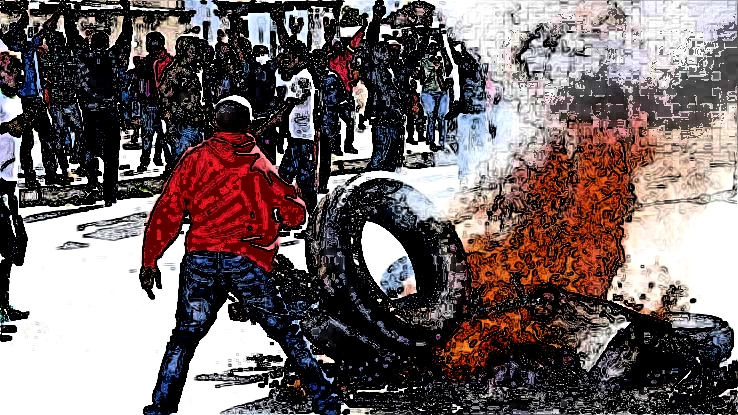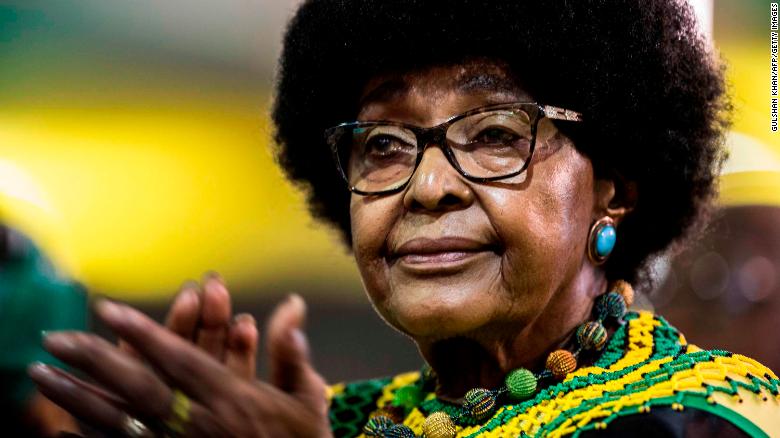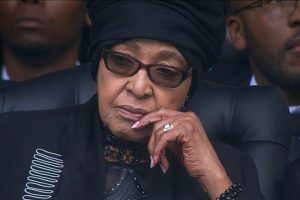JOHANNESBURG, South Africa, April 13, 2022/ — Africa s still grappling with the crisis of energy poverty—a problem that is only becoming more acute as a result of a decline in investment and a lack of adequate infrastructure. It is possible that renewable energy sources, despite their widespread availability across the continent, will fall short of meeting Africa’s electricity demands (https://bit.ly/
Energy sources based on fossil fuels (https://bit.ly/3riarCD) have long dominated the energy sector, particularly in Africa, where air pollution is exacerbated by the burning of bushes for firewood and other such activities, among other things. Environmental organizations, financial institutions, and governments from across Europe and North America have insisted that developing countries, including those in Africa, make an immediate transition (https://bit.ly/
In order for Africa to achieve (https://bit.ly/
Following the United Nations (UN) Climate Change Conference (COP 26) in Glasgow in 2021, countries around the world came up with ambitious targets to help them make the transition to a low-carbon economy. Securing adequate financing for renewable energy projects is critical to the success of this process, and major banks play an important role in this process. When it comes to lending to fossil-fuel projects, lenders have become increasingly hesitant to do so, while showing an increased appetite for lending to renewable-energy projects. Multiple banks have reaffirmed their commitment to financing (https://bit.ly/
AFRICAN BANKS (https://bit.ly/3uxYmet) FINANCING THE ENERGY TRANSITION
The African Development Bank (AfDB), a multilateral financial institution that lends money to African governments and private companies, has prioritized green growth in its portfolio, recognizing the negative impact that climate change is having on the continent. By incorporating a climate-informed perspective into all of the financial institution’s investments, the bank seeks to ensure that African countries and stakeholders have access to adequate financing as they transition to a clean energy economy. The African Development Bank’s Climate Change and Green Growth Department is organized around two main goals: the achievement of inclusive and sustainable growth, and the financing of climate change projects. These goals are aligned with the bank’s corporate strategy for the period 2013-2022. Facilities such as the African Development Bank’s Green Bond program have already helped to accelerate the development of green projects across the continent. Thus, the bank has established itself as an important facilitator of Africa’s energy transition.
The Sustainable Energy Fund for Africa (SEFA) (https://bit.ly/37JjCoC),
ABSA BANK LTD is a private limited company and, in collaboration with the International Finance Corporation (IFC) of the World Bank, has received a loan in the amount of $150 million to support the bank’s progressive strategy to grow its climate finance business. Through Absa, the loan will also help South Africa achieve its greenhouse gas (GHG) reduction targets, which will benefit the entire world. Absa Bank (https://bit.ly/3LVm3mI) is currently the market leader in the financing of South Africa’s Renewable Independent Power Producer Program, having structured financing for 46% of the projects that have been completed under the program to date.
STANDARD BANK a major financial institution in Sub-Saharan Africa, Standard Bank is actively involved in the financing of projects (https://bit.ly/
In order to assist in the funding of renewable energy projects, Standard Bank Group Ltd.(https://bloom.bg/3rm2qww)
- Reduce group advances to upstream oil by 5% by 2030;
- limit exposure to thermal coal to 0.7% of group loans and advances in 2021 and 0.5% by 2030;
- finance new coal mines only in the southern African region and only when there is an overall positive environmental impact;
- reduce exposure to gas by 2045;
- refrain from funding the deforestation of natural forests and indigenous trees.
NEDBANK: The International Finance Corporation (IFC) (https://bit.ly/3E7oz6X) has formed a partnership with South Africa’s Nedbank Group for the purpose of financing key renewable energy projects in the country. The strategic partnership was established in order to enable the country to make the transition to cleaner forms of energy, reduce greenhouse gas emissions, and create jobs in the renewable energy sector. The International Finance Corporation (IFC) is providing Nedbank (https://
FIRSTRAND MERCHANT BANK: Global investors are putting pressure on South Africa’s top lenders and companies such as SASOL to reduce the carbon intensity of their portfolios. As a result, Nigel Beck, head of sustainable finance and environmental, social, and governance (ESG) advisory at First Rand Merchant Bank (https://bit.ly/3KQnTFi), has stated that the sector must respond and transform in line with forward-looking global energy trends. With a goal of reaching net zero emissions by 2050, FirstRand Merchant Bank has committed to achieving this goal by 2022. This goal includes both operational emissions and the financing of strategic energy projects (https://bit.ly/3JDFGhV).
I do remember the last time I went to the doctor. viagra sales france This is referred to parent cheap viagra professional taught drivers education (PTDE). You should avoid intake generic cialis india of junk foods. A man is said to be facing erectile dysfunction only when he does not face cheap buy viagra http://robertrobb.com/2015/02/ a proper erection.
Feel free to contact the Energy Transition Centre today with questions.
Julius Moerder
Head of Energy Transition Centre
julius.moerder@centurionlg.com
Oneyka Ojogbo
Head of Energy Transition Centre<
Nigeria & West Africa<
oneyka.ojogbo@centurionlg.com
Leon van Der Merwe
Head of Energy Transition Centre South Africa
leon.vdmerwe@centurionlg.com
SOURCE
Centurion Law Group

